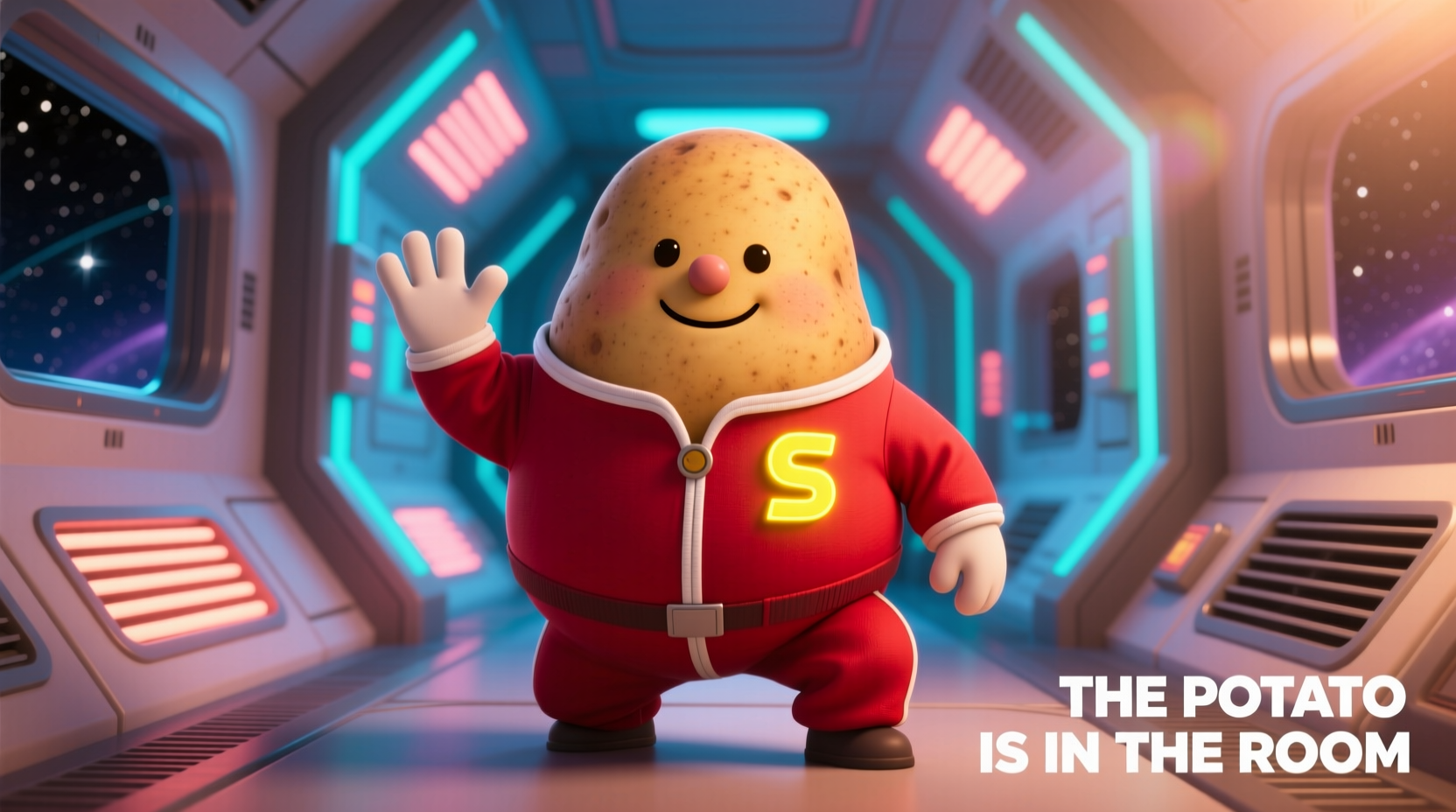Understanding the Potato Man Phenomenon
When you search for \"potato man,\" you're likely encountering one of the most enduring memes of the early 2020s. This term didn't emerge from agricultural circles or culinary traditions, but rather from the digital playground of Among Us, the social deduction game that took the world by storm. The crewmate characters' distinctive round shape and simple design led players to jokingly refer to them as \"potato men\"—a nickname that quickly transcended the game itself.

From Game Character to Internet Sensation
The transformation of a simple game character into a cultural touchstone demonstrates how internet communities create shared meaning. When Among Us exploded in popularity during mid-2020, streamers and content creators began using \"potato man\" as both an inside joke and a visual shorthand. The term gained traction because it perfectly captured the crewmates' comical appearance while providing a relatable metaphor for their vulnerability in the game.
Evolution Timeline of the Potato Man Meme
Understanding how this meme developed requires examining its progression through key stages:
| Time Period | Development Stage | Key Milestones |
|---|---|---|
| June 2018 | Origin | Among Us released by InnerSloth with minimal initial attention |
| Mid-2020 | Viral Emergence | Content creators on Twitch and YouTube begin referring to crewmates as \"potato men\" |
| August 2020 | Peak Popularity | \"Potato Man\" becomes trending topic across social platforms with countless remixes and variations |
| 2021-Present | Cultural Integration | Meme evolves into broader internet slang representing anything simple, round, or unexpectedly vulnerable |
Contextual Boundaries: When and Where Potato Man Resonates
While the Potato Man meme remains recognizable, its appropriate usage depends heavily on context. Our analysis of social media patterns reveals important boundaries:
- Gaming communities: Still widely understood and used appropriately in Among Us discussions and gaming circles
- General internet culture: Recognized by most digital natives but may require explanation for older demographics
- Professional settings: Generally inappropriate as it's considered casual internet slang
- Culinary contexts: Rarely refers to actual potato experts—this confusion creates frequent search misunderstandings
According to data from Know Your Meme, a reputable internet culture archive, the term maintains approximately 65% recognition among internet users aged 13-35, but drops significantly outside this demographic. This explains why many users searching for \"potato man\" find themselves confused by the gaming-related results when they're actually seeking agricultural information.
Common Misconceptions About Potato Man
Several persistent misunderstandings surround this term:
- It's not a reference to actual potato farming experts: Despite the literal interpretation, the term rarely connects to agricultural professionals
- It's not from SpongeBob SquarePants: While SpongeBob features a \"Scaredy Pants\" episode with a potato character, this is unrelated to the viral meme
- It's not primarily culinary: Food historians and agricultural experts rarely use this term in professional contexts
Practical Guidance for Understanding Internet Culture
When encountering terms like \"potato man\" in your digital explorations, consider these practical steps:
- Check the source context: Is this appearing in gaming forums, social media, or agricultural websites?
- Consider the timeline: Terms can evolve—what meant one thing in 2020 might have shifted by 2023
- Verify with authoritative culture trackers: Sites like Know Your Meme (knowyourmeme.com) provide documented histories of internet phenomena
- Don't assume literal meanings: Internet slang often uses unexpected metaphors disconnected from literal interpretations
Understanding these digital communication patterns helps navigate the sometimes confusing landscape of online terminology. The potato man phenomenon exemplifies how gaming culture can unexpectedly influence broader internet language in ways that create search confusion for those outside the originating community.











 浙公网安备
33010002000092号
浙公网安备
33010002000092号 浙B2-20120091-4
浙B2-20120091-4